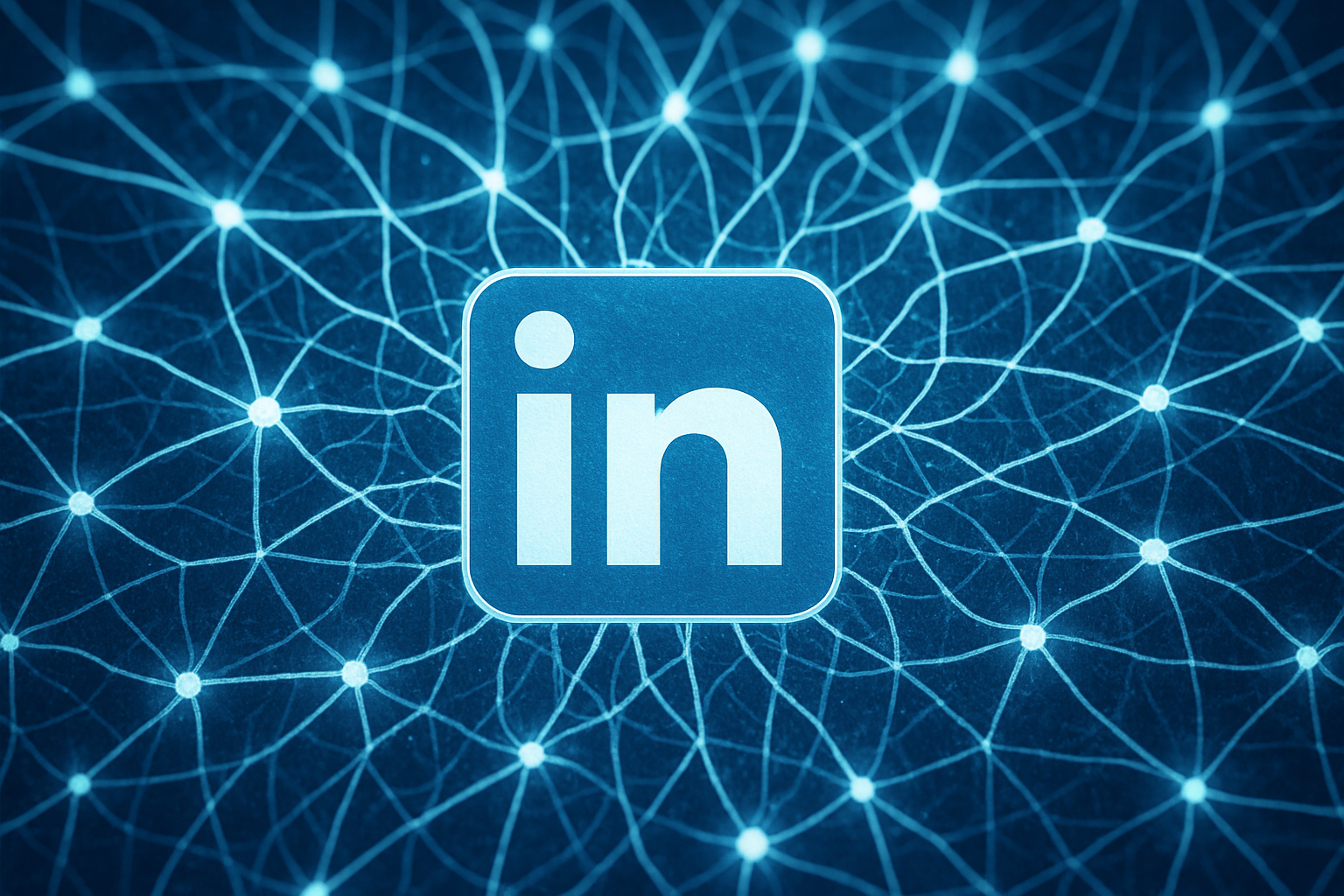AI job postings on LinkedIn grew sixfold as AI skill additions to profiles soared twentyfold

Key Points
- AI-related job postings on LinkedIn have grown six times over the past year, while the number of profiles listing AI skills has increased twenty-fold.
- Users are increasingly regulating AI-generated content by critically commenting on generic posts and revising AI-generated suggestions themselves, which has led to limited adoption of LinkedIn's AI writing tool.
- The LinkedIn feed is now heavily influenced by generative AI, "being run basically as a large prompt."
Job postings that mention AI on LinkedIn have increased sixfold over the past year, says CEO Ryan Roslansky.
But the growth in users adding AI skills to their profiles is even more dramatic: "On the flip side, over the past year, members adding an AI skill to their profile is up 20x. We're seeing this AI wave come across the member base." This rapid shift suggests many professionals are rebranding themselves with AI expertise, often regardless of their actual experience.
Roslansky tells Bloomberg that generative AI is now shaping the entire platform. Instead of relying on static recommendation models, LinkedIn uses a prompt-driven process to personalize what users see.
"The feed is being run basically as a large prompt. Here's Shirin. Here's what she's done in the past. Here's her profile. What should she see?"
The platform's job search has also shifted from keyword filtering to natural language: "What AI allows us to do is basically just say what you want to do or what you're trying to do."
LinkedIn community regulates AI posts
Despite these changes, Roslansky points out that people are careful about using AI-generated content on LinkedIn, especially because of the platform's professional focus.
"This is your resume online. This is your professional reputation in general, which means that people are less likely to share anything on LinkedIn than they are somewhere else because the barrier is much higher," he says.
When something comes across as "very AI-obvious," Roslansky notes, "the rest of the community will call you out." Getting called out on LinkedIn, unlike other social networks, "really impacts your ability to create economic opportunity for yourself."
Because of this, users often go back and revise AI-generated suggestions to make sure their posts feel authentic. Roslansky admits that LinkedIn's own AI writing tool hasn't caught on as much as he expected: "It's not as popular as I thought it would be, quite frankly."
AI News Without the Hype – Curated by Humans
As a THE DECODER subscriber, you get ad-free reading, our weekly AI newsletter, the exclusive "AI Radar" Frontier Report 6× per year, access to comments, and our complete archive.
Subscribe now